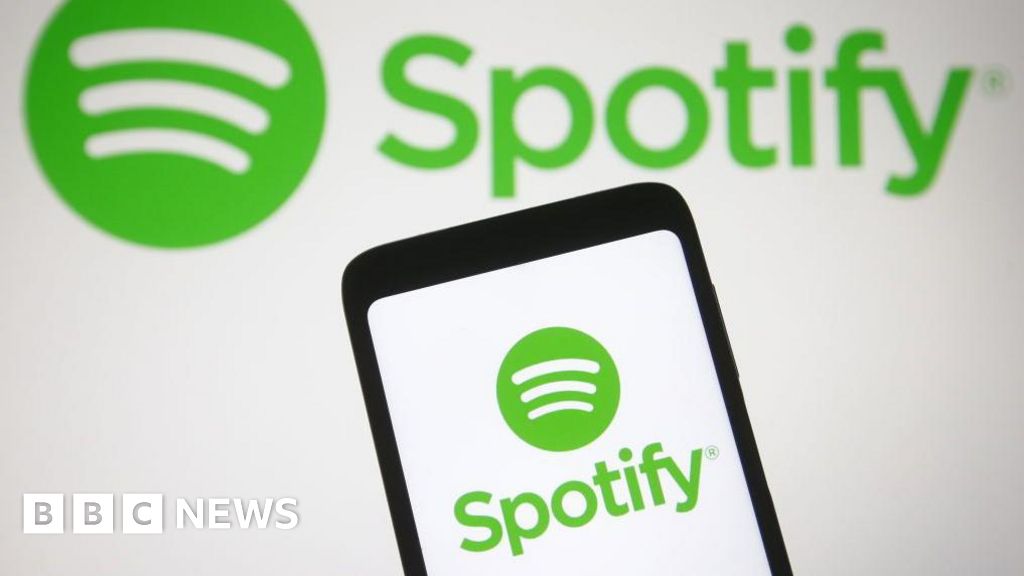The Velvet Sundown is sparking debate with mysterious AI music claims. The band has racked up over 850,000 monthly listeners on Spotify in just weeks. Yet, no live shows, interviews, or personal social media accounts exist for the four named members.
The confusion deepened when Rolling Stone reported the band’s music was made using an AI tool called Suno. Soon after, the spokesperson for the band, claiming to confirm this, turned out to be a hoax named Andrew Frelon, who admitted it was a trick on the media. The band’s official Spotify page says it has “no affiliation with this individual, nor any evidence confirming their identity or existence.”
An X account claiming to be the band’s official channel was also exposed as fake.
Professor Gina Neff from the University of Cambridge flagged the case as part of a bigger problem around AI and trust online.
“Whether this is an AI band may not seem important,” she said.
“But increasingly, our collective grip on reality seems shaky. The Velvet Sundown story plays into the fears we have of losing control of AI and shows how important protecting online information is.”
The Velvet Sundown’s indie-style ballads have simple male vocals and guitar. Lyrics like “eyes like film in faded light” and “ash and velvet, smoke and flame” leave listeners guessing if it’s AI or human-made. Deezer’s AI detector flagged the tracks as “100% AI generated.”
Spotify has not commented, but CEO Daniel Ek said he doesn’t plan to ban AI music—only opposes using AI to impersonate real artists.
The music industry is on edge. Hundreds of musicians, including Elton John and Dua Lipa, protested AI’s use of their work to train these tools. They pushed the UK government to tighten laws on AI and copyright but failed.
Ed Newton Rex from Fairly Trained called the Velvet Sundown case proof of artists’ worst fears:
“This is exactly what artists have been worried about, it’s theft dressed up as competition,” he said.
“AI companies steal artists’ work to build their products, then flood the market with knock-offs, meaning less money goes to human musicians.”
Sophie Jones from BPI said this case shows why government action on AI and music rights is critical.














